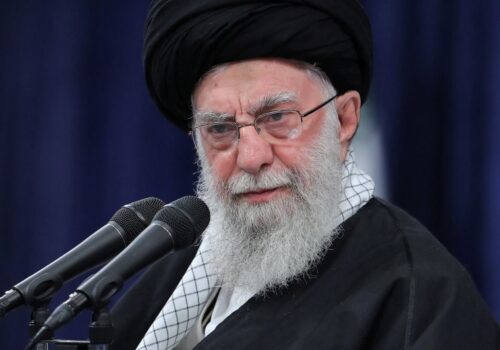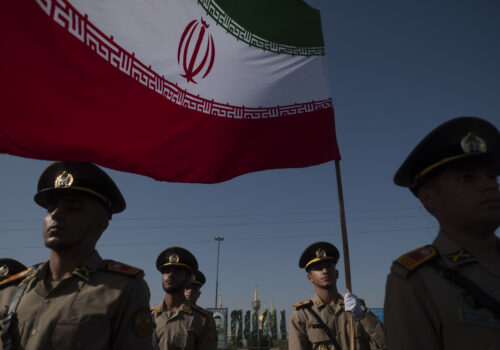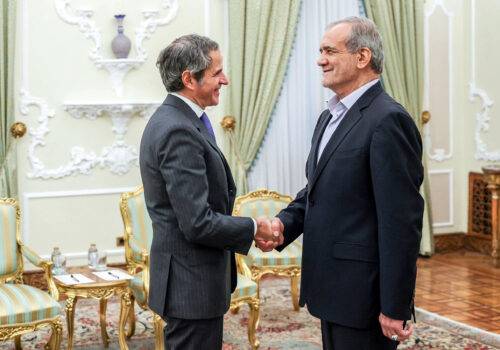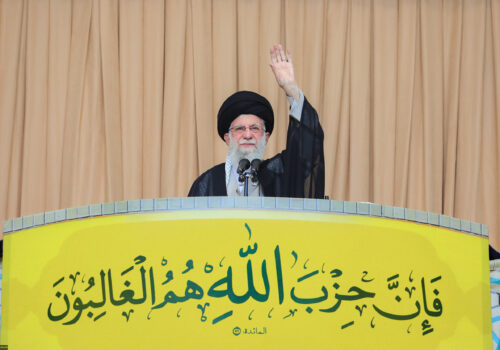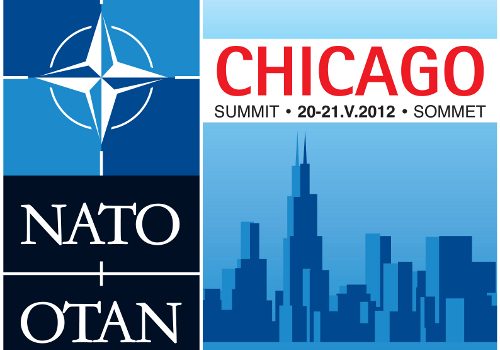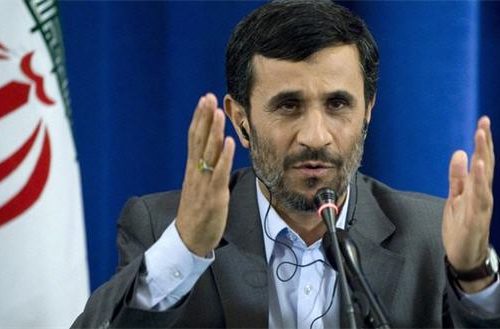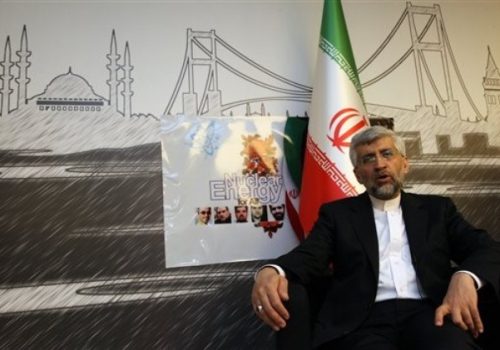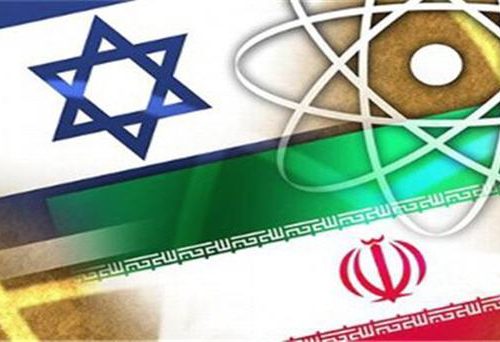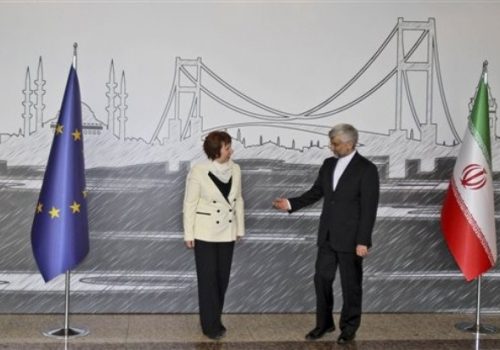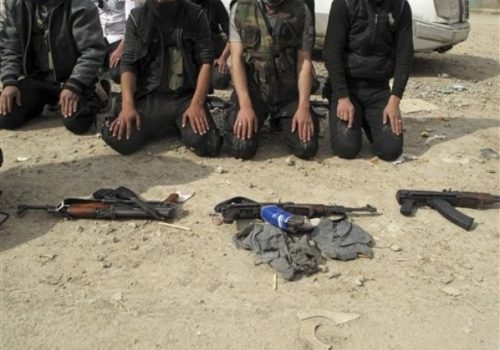Featured commentary and analysis
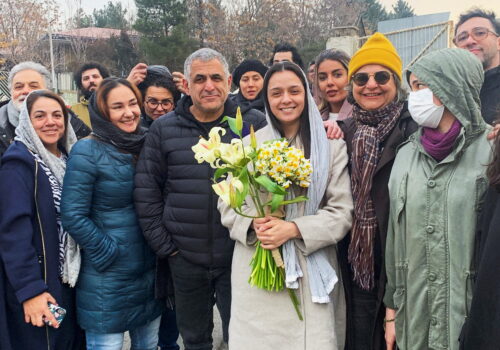
IranSource
Oct 2, 2024
It’s time Iran’s artists be considered as human rights defenders
By
Sanjay Sethi and Johanna Bankston
International recognition of the acute risk creatives face in Iran is necessary to ensure their vital role in advocating for human rights continues.
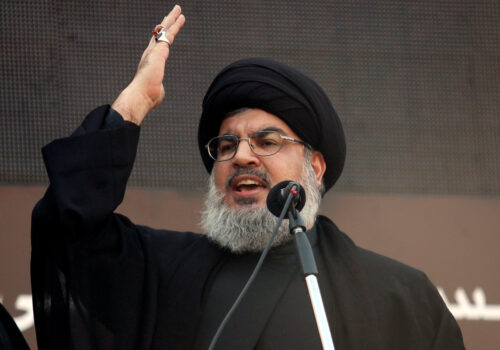
New Atlanticist
Sep 28, 2024
Experts react: Hassan Nasrallah is dead. What’s next for Hezbollah, Israel, and Iran?
By
Atlantic Council experts
On Saturday, Hezbollah confirmed that its leader had been killed in an Israeli air strike. Atlantic Council experts share their insights on what might come next for the already war-torn region.
In-depth research & reports
Programs

Middle East Programs
Working with allies and partners in Europe and the wider Middle East to protect US interests, build peace and security, and unlock the human potential of the region.
